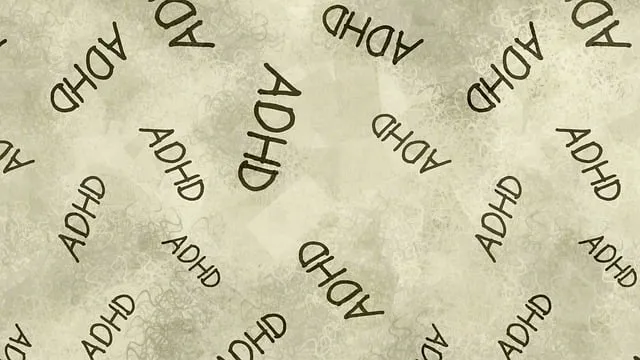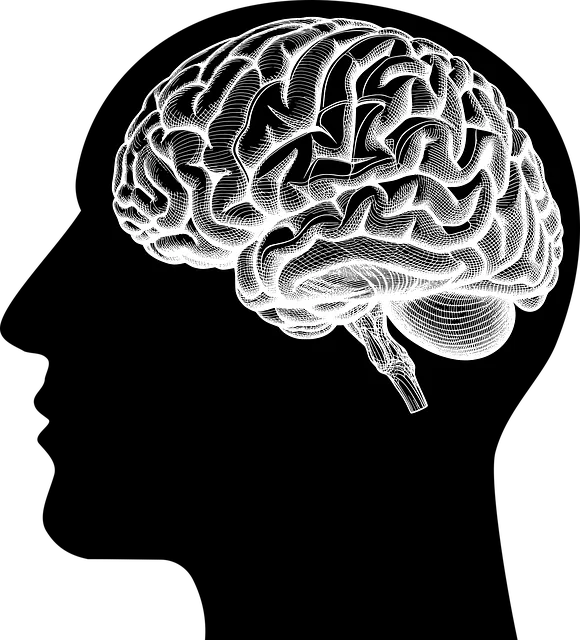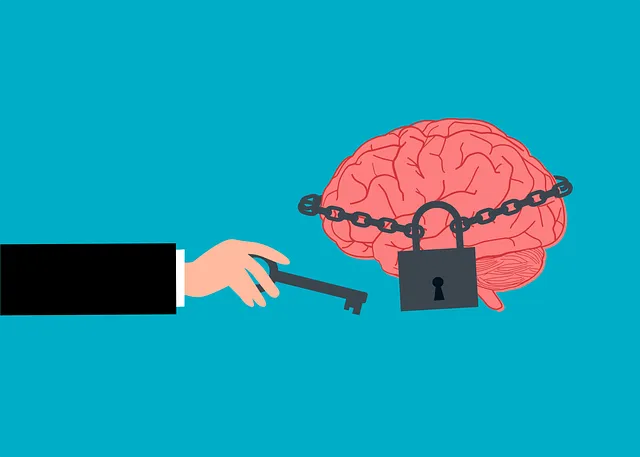The Kaiser Permanente behavioral health center in Highlands Ranch is a specialized crisis support hub that provides immediate assistance and tailored interventions for individuals facing personal trauma or intensifying mental illness symptoms. Using evidence-based techniques like cognitive-behavioral therapy (CBT) and dialectical behavior therapy (DBT), the center offers personalized strategies to stabilize patients, promote self-regulation, and facilitate healing. Through active listening, staff foster empathetic communication, and they actively contribute to Mental Illness Stigma Reduction Efforts. Their multifaceted approach includes regular staff training, community partnerships, and data-driven quality improvement initiatives, ensuring services meet evolving needs and enhance overall well-being.
Crisis intervention plays a vital role in mental healthcare, especially at facilities like the Kaiser Permanente Behavioral Health Center Highlands Ranch. This article explores effective strategies for crisis support, drawing from the unique experiences of the Highlands Ranch center. We’ll delve into key practices that enhance patient care and community well-being, focusing on evidence-based methods implemented successfully within a community setting. By examining these approaches, mental health professionals can improve their crisis intervention capabilities.
- Understanding Crisis Intervention at Kaiser Permanente Behavioral Health Center Highlands Ranch
- Key Strategies for Effective Crisis Support
- Implementation and Continuous Improvement in a Community Setting
Understanding Crisis Intervention at Kaiser Permanente Behavioral Health Center Highlands Ranch

At Kaiser Permanente Behavioral Health Center Highlands Ranch, crisis intervention is a cornerstone of their comprehensive approach to mental health care. This strategy focuses on providing immediate and effective support to individuals facing acute emotional distress or suicidal ideation. By integrating evidence-based practices, the center offers tailored interventions designed to stabilize individuals, foster self-regulation, and promote healing.
Trained professionals at Kaiser Permanente Behavioral Health Center Highlands Ranch employ various techniques, including Self-Awareness Exercises, to help patients understand and manage their emotions during a crisis. These exercises encourage mindfulness and emotional awareness, empowering individuals to make informed decisions about their mental health. Crisis Intervention Guidance is meticulously crafted to address the unique needs of each patient, ensuring they receive personalized care that supports their recovery journey. Additionally, mood management strategies are central to the center’s approach, aiming to equip patients with tools to regulate their emotions and prevent future crises.
Key Strategies for Effective Crisis Support

When faced with a crisis, whether it’s a personal trauma or an intensification of mental illness symptoms, individuals often require immediate and specialized support. The Kaiser Permanente behavioral health center in Highlands Ranch stands as a beacon of hope for those navigating such challenges. Their expert team employs a multitude of strategies to offer effective crisis intervention, focusing on the individual’s unique needs. One key approach is active listening, where counselors engage in empathetic communication, allowing clients to express their feelings and thoughts without judgment.
Additionally, the center utilizes evidence-based techniques tailored to specific crises. This may include cognitive-behavioral therapy (CBT) strategies for managing acute stress or anxiety disorders, or dialectical behavior therapy (DBT) for individuals grappling with severe emotional dysregulation. The Mental Wellness Podcast Series Production at Kaiser Permanente also plays a vital role in educating the community about various mental health topics, fostering open discussions, and encouraging help-seeking behaviors. Beyond crisis support, the center contributes to Mental Illness Stigma Reduction Efforts, promoting understanding and empathy through its initiatives.
Implementation and Continuous Improvement in a Community Setting

Implementing crisis intervention strategies at a Kaiser Permanente behavioral health center in Highlands Ranch requires a collaborative approach involving mental health professionals, community partners, and local stakeholders. By fostering an environment that encourages open dialogue and embraces diverse perspectives, the center can effectively navigate challenges and continuously improve its services. Regular training sessions for staff on emerging best practices, risk management planning, and coping skills development are essential components of this process.
Additionally, integrating Mental Illness Stigma Reduction Efforts into the community setting promotes a more inclusive and supportive environment. Encouraging peer support groups, cultural sensitivity workshops, and public awareness campaigns can help break down barriers and improve access to care. Continuous quality improvement initiatives, grounded in data-driven decisions, ensure that services remain responsive to evolving needs, enhancing overall community well-being.
Crisis intervention strategies, as implemented and refined at the Kaiser Permanente Behavioral Health Center Highlands Ranch, play a pivotal role in providing effective support during challenging times. By integrating these key techniques within a community setting, we not only enhance individual well-being but also contribute to a more resilient and supportive environment. Continuous improvement through ongoing evaluation ensures that our crisis intervention guidance remains relevant and impactful, reflecting the dynamic nature of behavioral health care.






